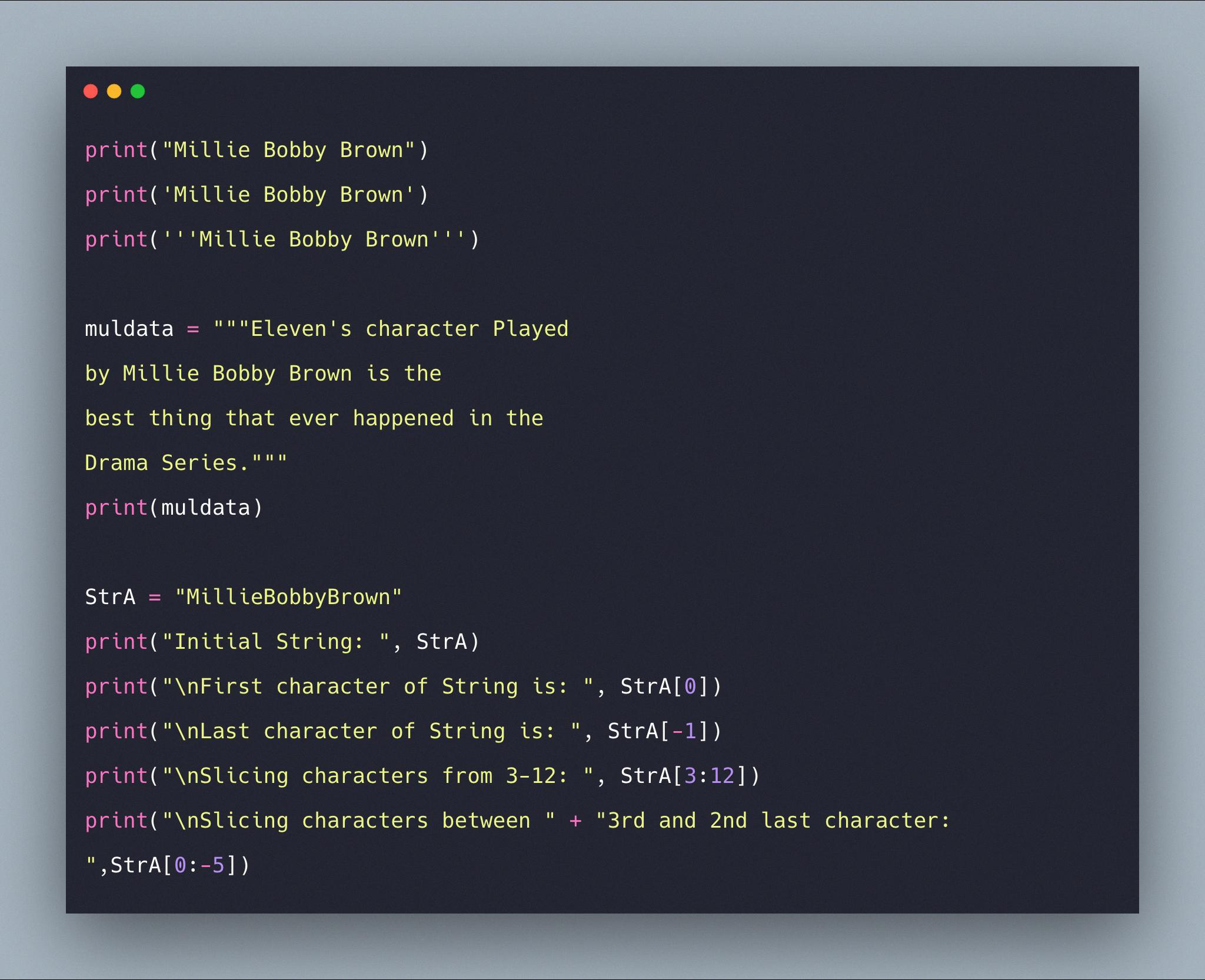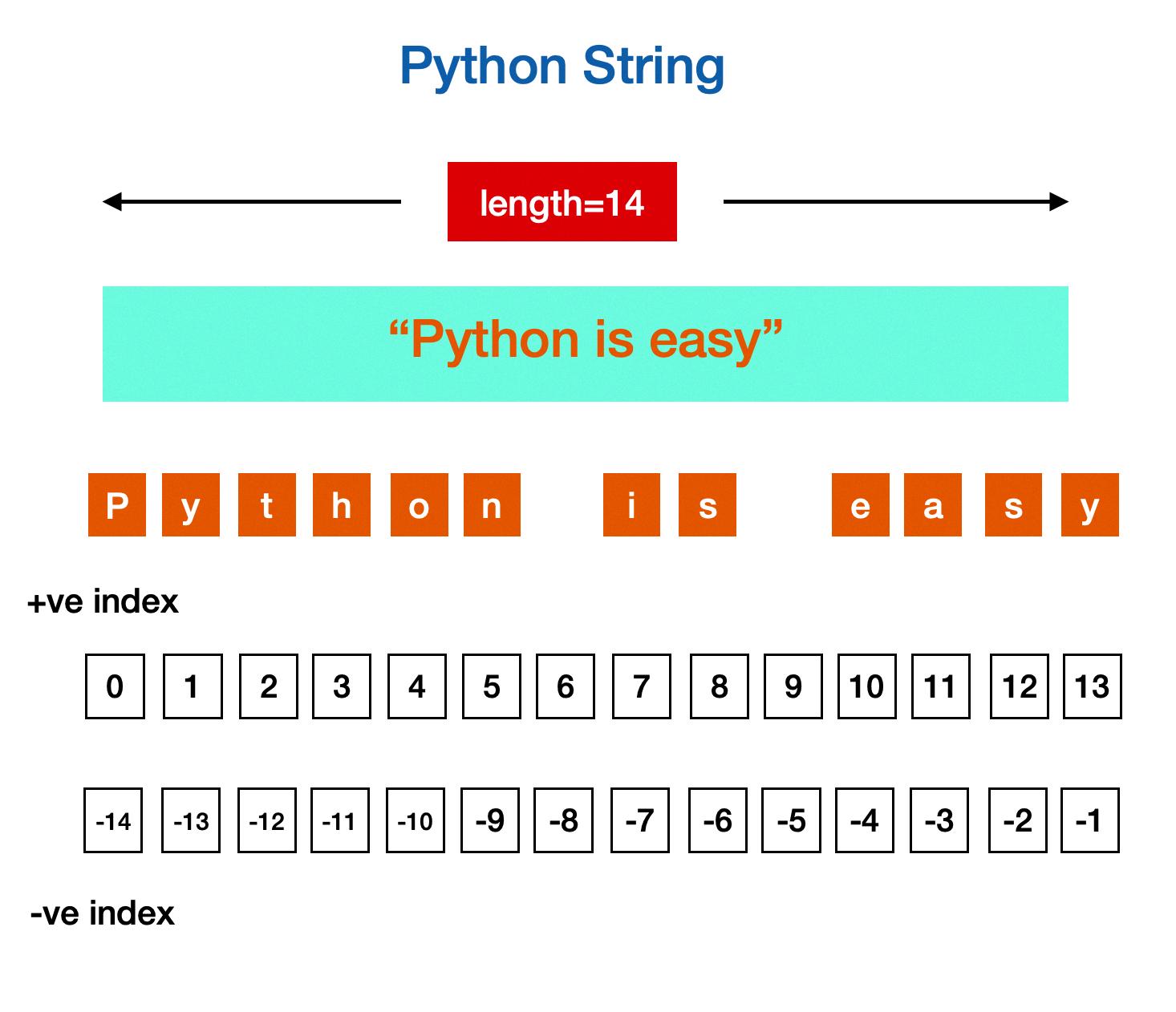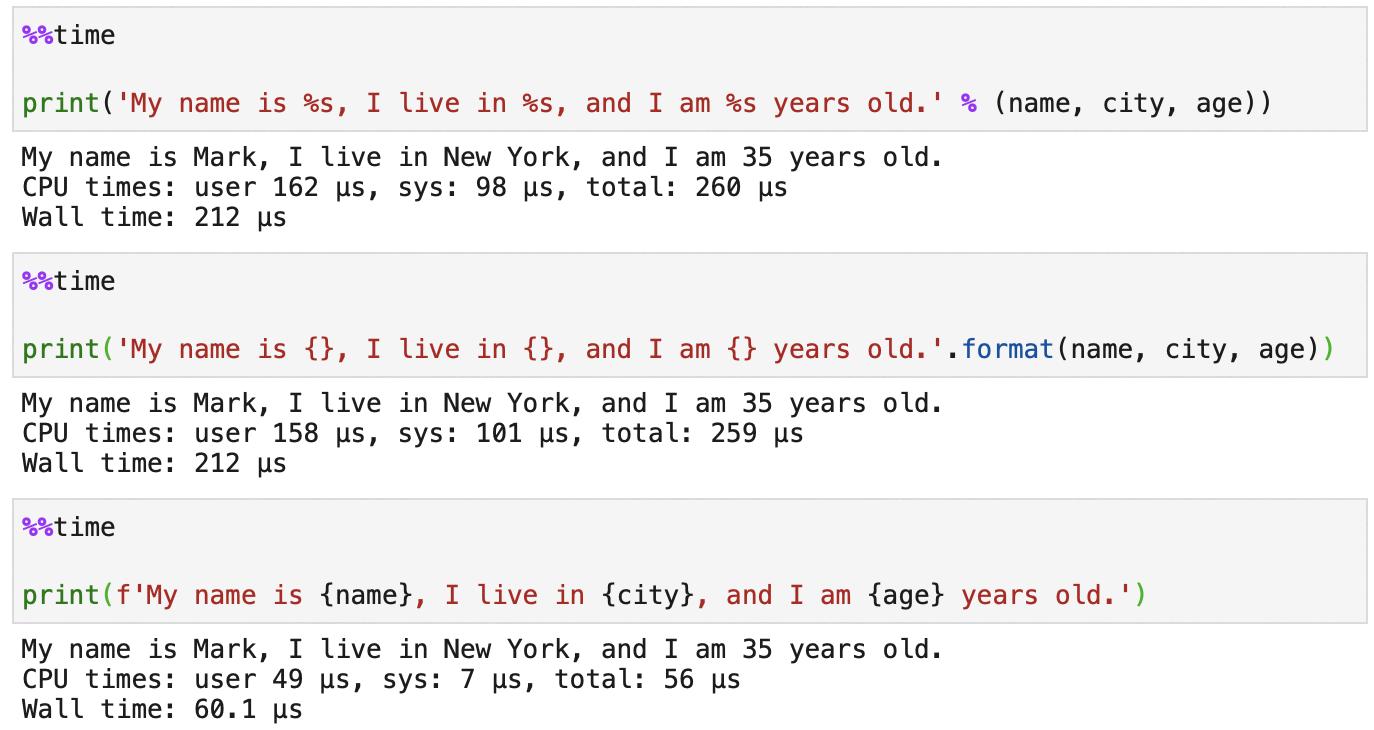Python is a powerful and versatile programming language that can be used for many different tasks. One of the most common tasks is to work with strings, which are pieces of text. But what about when you want to loop over a string? Are strings iterable in Python? The answer is yes!
Strings in Python are iterable, meaning that they can be looped over with a for loop. This means that you can access each character in the string one-by-one, making it easy to manipulate or analyze the contents of the string. You can also use this feature to find cetain characters or words within the string.
For example, let’s say you have a phrase “The quick brown fox jumps over the lazy dog” stored as a variable in Python called “phrase”. You could use a for loop to go thrugh each character of this phrase and print it out:
for char in phrase:
print(char)
This wuld print out each character from left to right, one by one:
T
h
e
q
u
i
c
k …and so on.
This method is especially useful for analyzing strings and extracting information from them, such as finding out how many times a particular word appears within the text or counting how many times each letter occurs. Additionally, since strings are iterable you could also use list comprehension to create new lists based on information from an existing string. For instance, if you wanted to create a list of evey word from our example phrase above you could do something like this:
words = [word for word in phrase.split()]
This would create a new list called “words” containing every word from our phrase (in order): [‘The’, ‘quick’, ‘brown’, ‘fox’, ‘jumps’, ‘over’, ‘the’, ‘lazy’, ‘dog’].
As you can see, being able to iterate over strings makes it much easier to work with them in Python! Whether you are analyzing text data or just manipulating text strings, knowing how to use loops and list comprehensions will help make your code more efficient and readable.
Types of Iterables in Python
In Python, iterable types are objects that can be used in a for loop, such as lists, strings, tuples, dictionaries and sets. These objects can be iterated over to access their elements. Other non-sequence types such as files and custom classes can also be made iterable by implementing the __iter__() or __getitem__() methods. To make an object iterable, it must implement the iterator protocol which alows it to be used in a for loop. The iterator protocol consists of two methods: __next__() and __iter__(). The __next__() method is called when a for loop requests the next element of an iterable; it returns the data and then advances the internal state of the iterator so that subsequent calls will return successive elements from the collection. The __iter__() method is usually implemented as a generator function and is used to initialize an iterator.

Source: appdividend.com
Are Strings Iterable?
Yes, strings are iterable objects! A string is a sequence of characters, which means it can be looped over using the for..of syntax. This syntax allows us to iterate over each character in a string one by one. When we use for..of to loop over a string, we get access to each character in the string individually. This makes it easy to perform operations on specific parts of the string or even modify it.
What Is Not Iterable in Python?
In Python, anything that does not have a vaue is not iterable. This includes objects of type NoneType, which are represented by the keyword None. Trying to iterate over an object of type NoneType will raise a TypeError: NoneType Object Is Not Iterable exception. Additionally, other non-iterable types in Python include Booleans (True and False), numbers (integers and floats), strings, dictionaries, and sets.
Iterable Objects in Python
Python offers a wide range of objects that are iterable. These include lists, tuples, sets, dictionaries, strings and even file objects. Lists and tuples are sequences, meaning they store multiple values in an ordered manner. Sets are unordered collections of unique items, while dictionaries are mappings between keys and values. Strings also support iteration over their characters. Furthermore, file objects allow you to loop over the lines of a text file or binary data stream. All these objects support iteration using the for loop construct.
Are Strings Mutable in Python?
No, strings are not mutable in Python. Strings are immutable data types, which means that once a string is created, its value cannot be changed. This applies to all types of strings, including Unicode strings and raw strings. To modify a string, you must create a new string that contains the modified values.
Examples of Iterable Types
Iterables are collections of data that can be iterated over, meaning each item in the collection can be individually accessed. Common examples of iterable types include lists, tuples, strings, dictionaries, and sets.
Lists are a type of iterable that stores an ordered collection of items. Each item in the list can be accessed by its index position. Tuples are similar to lists but they are immutable – meaning they cannot be changed after they have been created. Strings are also a type of iterable – each character in the string can be individually accessed via its index position.
Dictionaries and sets are also important iterable types. Dictionaries store key-value pairs; each value stored in a dictionary can be directly accessed using its associted key. Sets store unordered collections of unique items; like dictionaries and tuples, they cannot be changed after they have been created.
In conclusion, lists, tuples, strings, dictionaries, and sets are all examples of iterable types.
Looping Through Strings
Yes, it is possible to loop through a string. Loops are a great tool for string processing and can be used to traverse each character in a string. A common way of looping through a string is by using the for-in loop, which allows you to iterate over each character in the string. For example, if you have a string called “myString”, you can use the following code to loop through each character in the string:
for character in myString:
print(character)
This code will iterate over every character in “myString” and print them out one by one. Another way of looping through strings is with while loops, which allow you to define conditions that determine when the loop should stop. For example, you can use while loops to keep track of your current index within the string and continue iterating until you reach the end of the string.
Ultimately, loops are an effective way of traversing and processing strings, as they provide an efficient means of accessing each individual character within a given string.
What Is Not An Iterable?
None of the provided options – Array, String, Map, generator result, or an object implementing the iterable protocol – are not iterables. All of them are valid iterables. The only thing that is not an iterable is a vale returned from Array.from() or as the right-hand side of an array destructuring assignment.
Most Common Iterable in Python
The most common iterable in Python is the list. A list is an ordered, mutable collection of elements which are all stored as objects in memory. It is one of the basic data structures in Python and can contain elements of any type, including other lists. Lists are versatile and can be used to store all kinds of data, from strings, numbers and tuples to dictionaries and other objects. They are also often used for iteration and iteration-based tasks such as traversing a directory tree, parsing text files, or scraping web pages.

Source: jeevangupta.com
Is a Tuple Iterable in Python?
Yes, a tuple is iterable in Python. This means that it can be passed to an iterable object, such as a for loop, and each element of the tuple can be accessed in order. When looping through a tuple, the loop variable is assigned to each vale in the tuple. This allows us to perform operations on each item in the tuple one at a time. Additionally, tuples are sequences, which means they can be indexed using numerical values starting from 0. Thus, individual elements of the tuple can be accessed directly using their index number.
Difference Between Iterator and Iterable
The main difference between an Iterator and an Iterable is that an Iterator can traverse through a data structure, while an Iterable is the data structure itself. An Iterable is any object that can be looped over or iterated through, like a list, set, tuple, dictionary, etc. An Iterator is an object that contains the logic for traversing through the data structure. It points to the current element in the sequence and moves to the next one with each call. An iterator can also be used to access elements of an iterable one by one.
Checking if an Object is Iterable
To check whether an object is iterable, you can use the built-in ‘iter’ function. This function will return an iterator object for the given object if it is iterable, and raise a TypeError exception if it is not. For example:
try:
iter(target_variable)
except TypeError:
print(“Object not an iterable”)
else:
print(“Object is iterable”)
Alternatively, you can also use list comprehensions to see if the object is iterable. List comprehensions allow you to create a list from any iterable object by looping through it and performing a given operation on each element. If the target variable is not an iterable object, a TypeError exception will be raised:
try:
_ = [element for element in target_variable]
except TypeError:
print(“Object not an iterable”)
else:
print(“Object is iterable”)
Are Dictionaries Iterable?
Yes, a dictionary is an iterable object in Python. This means that it can be used as an argument to any function or method that takes an iterable as an argument. When passed to such a function or method, the dictionary will be iterated upon, with its keys beig included in the iteration in some arbitrary order.

Source: towardsdatascience.com
Are Integers Iterable?
No, an integer is not an iterable. An iterable is an object that implements the __iter__() protocol, which allows it to be used in a for loop. Integers do not support this protocol, so they cannot be iterated over.
Conclusion
To conclude, Python is an incredibly versatile, powerful, and easy to use programming language. It has a wide range of applications, from web development to machine learning and data science. Python is also highly popular because of its simplicity and readability. Its syntax is relatively simple and easy to learn, making it a great choice for beginners. Additionally, the language offers many libraries and frameworks whch enable developers to quickly build complex applications with ease. Python is an excellent choice for any programmer looking to expand their skillset or create powerful applications quickly.
